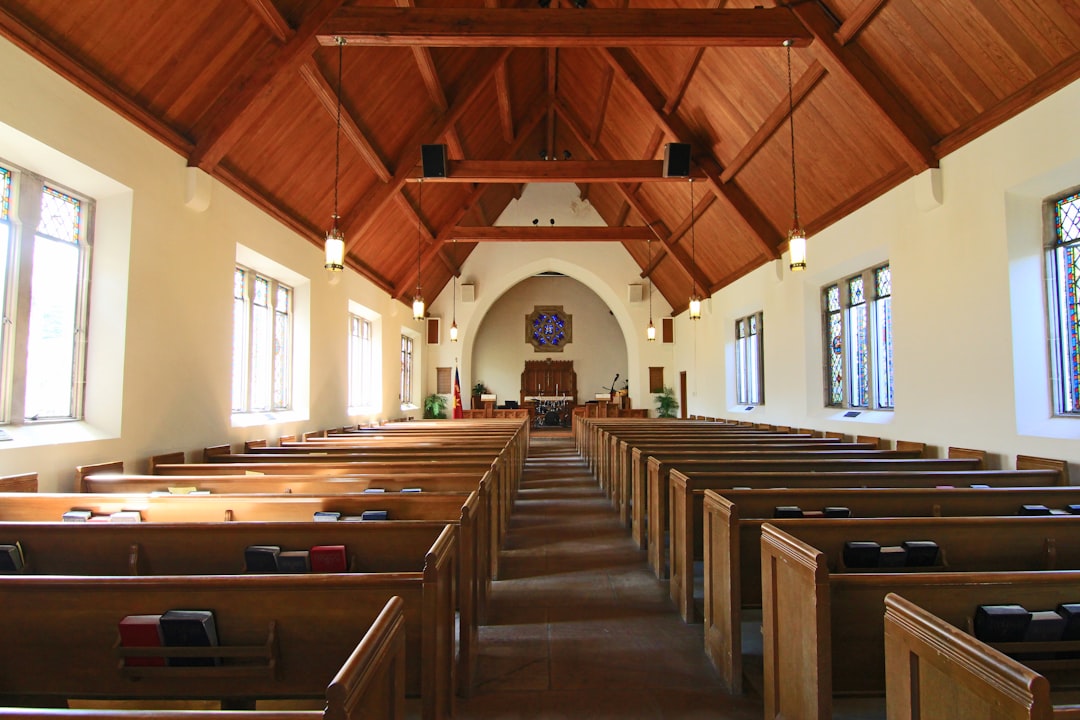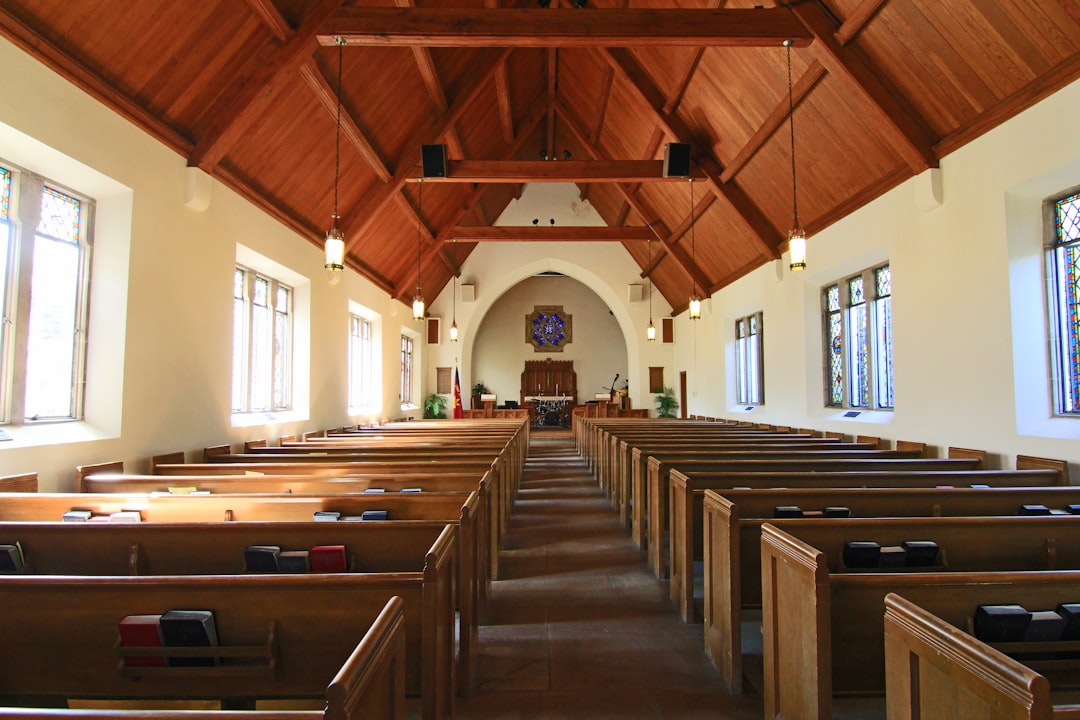In New Jersey, victims of clergy sexual misconduct have specialized clergy abuse law firms to support them legally. These firms navigate the state's specific laws, offering expertise and comprehensive assistance in filing lawsuits against religious institutions or abusers. The process involves initial consultations, evidence gathering, and potential negotiations or court proceedings. Victims can also access free legal aid from organizations like the New Jersey Sexual Assault Law Center, collaborating with clergy abuse law firms to advocate for their rights and promote community healing.
Clerical Sexual Misconduct in New Jersey: Finding Justice and Support
Clerical sexual misconduct is a serious issue that has devastated countless lives. In New Jersey, victims are stepping forward to seek justice and healing. This article guides you through the legal landscape, offering insights into your rights and resources. We explore the importance of choosing experienced clergy abuse law firms in NJ for effective representation. From understanding your legal options to navigating the process, it provides a comprehensive overview. Additionally, we highlight supportive organizations dedicated to assisting survivors.
Understanding Clerical Sexual Misconduct in New Jersey

In New Jersey, clergy sexual misconduct is a serious issue that often involves complex legal and emotional challenges. When individuals within religious organizations engage in inappropriate or non-consensual sexual behavior with their congregations or others under their care, it can have devastating effects. The state has specific laws in place to address these cases, providing victims with the means to seek justice and accountability.
Understanding the nature of clerical abuse is crucial for anyone considering legal action. New Jersey’s clergy abuse law firms specialize in helping survivors navigate the complexities of these cases. They offer expertise in interpreting relevant laws, such as those regarding statute of limitations and jurisdictional issues, ensuring that victims’ rights are protected. These firms also provide support through every stage of the legal process, from initial consultations to representation in court.
Legal Rights and Resources for Victims in NJ

In New Jersey, victims of clergy sexual misconduct have specific legal rights and resources available to them. If you or someone you know has been a victim of abuse by a religious leader, it’s crucial to understand your options. Many reputable clergy abuse law firms in New Jersey specialize in handling such cases sensitively and efficiently, ensuring victims receive the justice they deserve.
These legal professionals can guide victims through the complex process of filing a lawsuit against the responsible parties, including religious institutions or individuals who facilitated or turned a blind eye to the misconduct. The state’s laws provide avenues for compensation and accountability, helping victims recover from the trauma and seek closure. Resources like support groups and counseling services are also available to assist in the healing process.
How to Choose the Right Clergy Abuse Law Firm

When seeking legal help for clergy sexual misconduct in New Jersey, choosing the right firm is paramount to ensuring a fair and just resolution. It’s crucial to select a law firm that specialises in clergy abuse cases, possesses extensive experience in handling such sensitive matters, and has a proven track record of success. Look for firms with deep knowledge of state laws and church governance structures related to these cases.
Consider attorneys who have expertise in negotiating settlements or litigating these complex cases. Additionally, choose a firm that prioritises client care and communication, offering transparent updates throughout the legal process. Reputable clergy abuse law firms in New Jersey should be sensitive to the unique challenges faced by victims and aim to provide compassionate support alongside skilled legal representation.
The Legal Process and What to Expect

When you’re considering legal action against a cleric or religious organization for sexual misconduct in New Jersey, understanding the legal process is crucial. The first step typically involves consulting with an experienced clergy abuse law firm that specializes in such cases. These firms can provide guidance tailored to your situation, explaining the potential legal avenues and options available under New Jersey’s specific laws regarding clergy abuse. They will assess the validity of your claim and help you understand the potential outcomes.
Throughout this process, you can expect a series of steps: an initial consultation, gathering evidence, filing a lawsuit or complaint, and potentially engaging in negotiations or court proceedings. It’s important to remember that each case is unique, and the timeline may vary. Your clergy abuse law firm will keep you informed at every stage, ensuring you understand your rights and the expected procedures. This supportive approach helps victims navigate what can be a complex and emotional legal journey towards justice.
Supportive Organizations and Additional Help in New Jersey

In New Jersey, individuals affected by clergy sexual misconduct can find support from various organizations dedicated to assisting victims. Many of these groups offer legal aid, counseling services, and resources to help survivors navigate their experiences. One such organization is the New Jersey Sexual Assault Law Center, which provides free and confidential services, including legal representation for civil lawsuits against abusive clergy. They also offer support groups and education programs aimed at empowering victims and fostering community healing.
Additionally, the state’s bar associations and local chapters of national advocacy groups like the National Association of Sexual Assault Attorneys (NASAA) can be valuable resources. These organizations often collaborate with clergy abuse law firms in New Jersey to ensure that survivors have access to expert legal counsel. They can guide victims through the complex legal process, help them understand their rights, and connect them with other specialized services available in the state.





